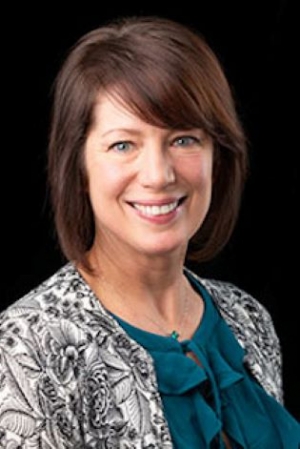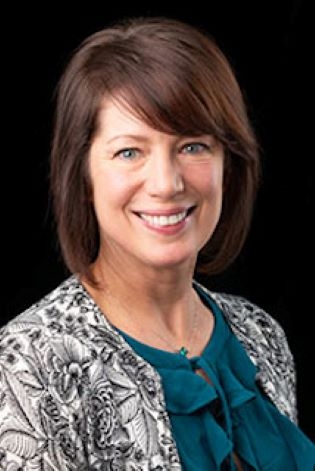Q: What is your current job title?
A: Professor.
Q: What is your current department?
A: Leadership and Educational Studies.
Q: How long have you been teaching at Appalachian State University?
A: 19 years.
Q: What course(s) do you teach for the Doctoral Program?
A: Qualitative Research, Advanced Qualitative Research, Feminist Research, Decolonizing Educational Research, Research Design, Multidisciplinary Seminar II.
Q: What are your current research interests/projects/grants?
A: Recently submitted an edited book manuscript to Routledge Press titled Postfoundational Approaches to Qualitative Inquiry, to be published summer 2023. The collection features authors (from the US, the UK, Australia, Europe, South Africa, Chile, China, and Canada) who are leading scholars in philosophically-informed qualitative research. Their chapters enact postfoundational, critical theories to analyze educational problems (ranging from early childhood to higher education). It is a methodological book, offering an alternative to ready-made methods in traditional qualitative research to consider new approaches in response to the conditions of our time. This work was partially funded by a summer scholarship grant from the RCOE. In December 2022, published the 10th anniversary, second edition of Thinking with Theory in Qualitative Research (with Lisa Mazzei). An authoritative text in the field of qualitative analysis, this second edition demonstrates how to enact various philosophical concepts in the practices of critical inquiry. "Thinking with theory" is an process of working across disciplines (humanities, sciences, social sciences) in order to produce different questions and responses to contemporary educational issues. This work was partially funded by a summer scholarship grant from the RCOE. Current projects involve developing a theory of change that is activated by anti-deficit and anti-colonial frameworks, as well as a journal manuscript that details what it is to "think like a feminist" in pursuit of changing the discourses around educational problems.
Q: What advice do you have for doctoral students?
A: Stay open to thinking differently and transforming your own inherited, unexamined assumptions. Be courageous in deliberately seeking ways of knowing that challenge traditional, dominant narratives and epistemologies. Listen to and center marginalized perspectives in your work. Deconstruct and decolonize everything!
Q: What are some of your main goals as an instructor related to student learning?
A: I take my work as a teacher scholar seriously and believe that students should come away from their coursework as critical consumers and producers of their professional lives. I structure my courses with materials that enable this growth, and I provide mentoring and support as students struggle with difficult concepts, new ways of thinking, bridging the theory/practice dichotomy -- and the very hard work of cracking open normalizing practices so that they can “talk back” to common-sense ideologies that infuse educational spaces and damage marginalized and minoritized people. The theoretical frame that guides my teaching is grounded in critical, feminist, and post-structural theories. While I do believe in a constructionist philosophy of teaching – one that values the social construction of knowledge that occurs in an interactive classroom – I do not always ascribe that those cultural constructions should be the final result of learning. For example, there are cultural constructions of knowledge that limit students, and there are constructions of knowledge that may be, in fact, quite dangerous. If I allow for students’ constructions to be the final journey of their learning, then I believe that I have not encouraged them to consider their own positions in the world and how those positions enable their own frameworks. Therefore, I push students to examine the assumptions of their knowledge and experiences and to work the edges of those most cherished attachments to see how they limit us and protect us from engaging what and who is different from us. Intellectual comfort is not the goal of my teaching. With students, I enact a pedagogy of deconstruction and problematization to analyze the ways in which structures of knowing and being are unstable and can fall apart at any time. This pedagogy, I hope, keeps students who take my courses in a stance of critical questioning and reflexivity that will benefit them not only in their daily lives but also as educators and educational leaders. In essence, before educators can change the structures of their social words, it is necessary to examine how they might change themselves. This involves a dramatic shift in discourse: reinventing the way they talk about educational problems, so that they can reinvent how they -- and others -- think about those problems.
Q: What is your favorite quote?
A: "I don’t feel that it is necessary to know exactly what I am. The main interest in life and work is to become someone else that you were not in the beginning." - Michel Foucault

